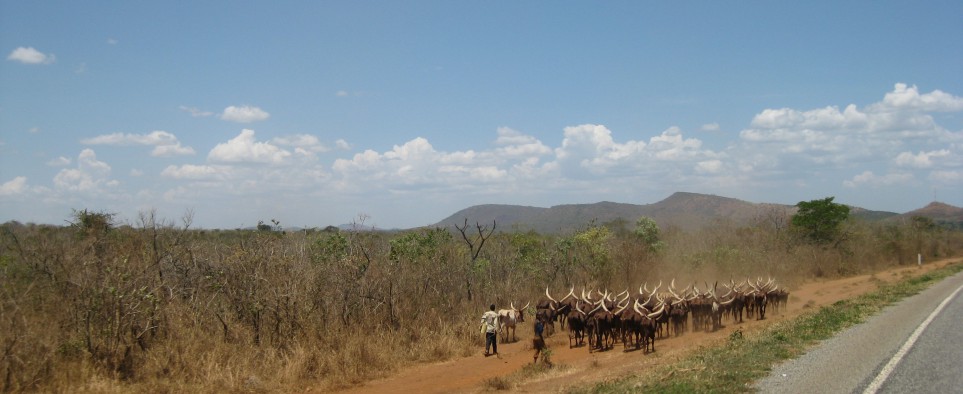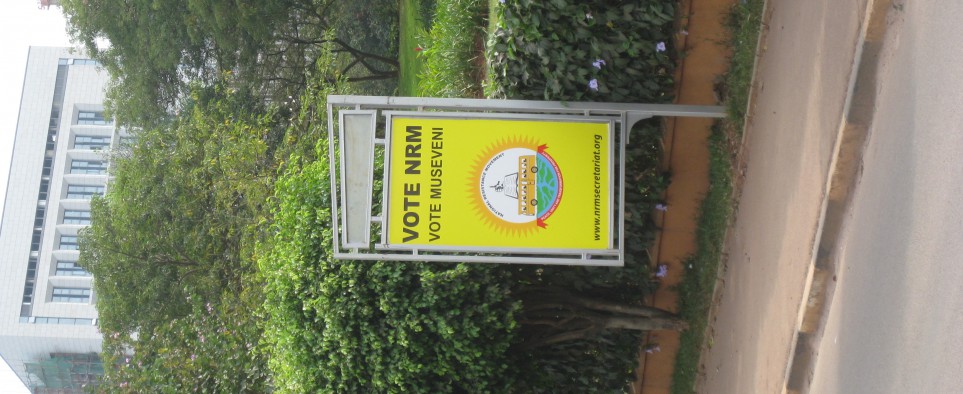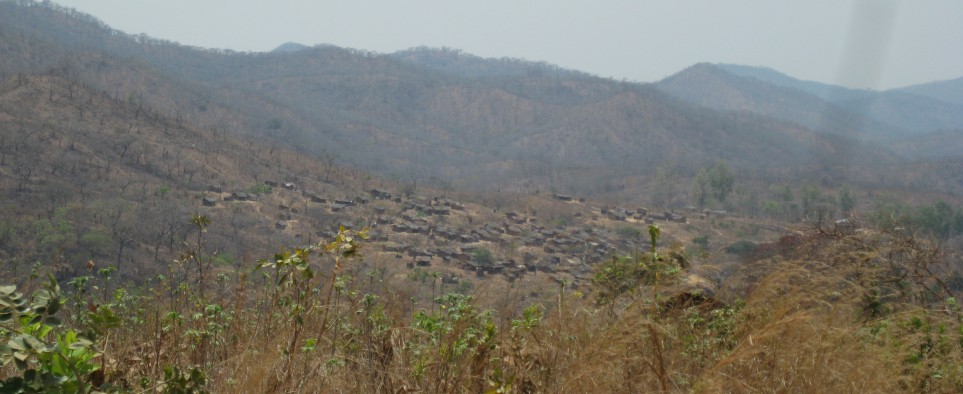The drab label encompasses a topic so intimately intertwined with corruption, culture clash, foreign influence, and (surprise, surprise) population growth that it can spark fiercely violent conflicts over plots of almost uncultivable sand that it deserves a serious rebranding. Oil companies have joined a merciless race for land resources, and I do not envy them.
Corruption (bear with me, I know this seems mundane): government ministers use their influence to take parcels of land for themselves and friends, forging papers of ownership, or paying off city councils to actually sell them community/public land. It happened to my translator, who had bought a nice lakefront plot in Entebbe that a parliamentarian coveted. It happened in Butiaba and Buliisa, both times right next to oil exploration camps (a rich guy from Kampala bought the property and then cordoned it off, so cattle couldn’t graze there). In Kampala, City Council sold the Uganda Broadcasting Corporation’s land and the property under one of Kampala’s best elementary schools to hotel chains. Last year they tried to sell the city market, where thousands of people make a living. The vendors rioted, burning down every vehicle sent to claim the land and heading to city council with weapons, intending to tear down the building (they were stopped by police — four died). This week they’re trying to sell the land under the Uganda National Museum. The newspapers are angry but no one seems to think it’s a winning battle.
International Tensions: Atop this, in the area where oil has been discovered, Congolese are coming over in droves from the other side of Lake Albert, setting up fishing communities and, in Ugandan fishermen’s minds, reducing the Ugandan fish catch (that the fish catch is declining is fact — that it’s the fault of Congolese is misleading at best). Many Congolese have integrated into society, but the spontaneously erupting communities aren’t particularly well received. Then Internally Displaced People (IDPs) from Uganda’s war in the north, who have recently left completely overcrowded camps and are returning to land that has been, in some cases, claimed by others.
Culture Clash: On top of that, the Balaalo people, who are efficient herdsmen and cultivators, have large families. Polygamy combined with early marriage ages (12 and up) have set birthrates so high that the Balaalo are the fastest growing tribe in Uganda (I’m told). Their cattle herds grow at similar rates, and where they seek grazing land, they find a hostile reception. There have been issues since 2006, and just in the past week I’ve heard rumors that they’re stand-ins for bigwigs in Kampala, that they’re Rwandan Tutsis who have invaded Ugandan land, and that they’re land speculators trying to profit as oil firms seek more terrain. All of these allegations are troubling and, for the vast majority of Balaalo people, false. A group resettled to Buliisa (where oil production seems most imminent) clashed violently with locals a few months ago, leaving dozens dead before the police intervened. That’s just the latest of the issues.
Meanwhile, the government has set up national parks and wildlife reserves all around the area in the past decade (a good thing in so many ways!), which have already encroached on herders’ lands. The final straw is that Tullow shows up, innocently buying up 1-3 square kilometer plots of land, and suddenly this feels like an excessive burden, since people now fear that rich Kamapala residents and “foreign” pastoralists will take up the rest of their grazing and farming land right out from under them.
The first thing that needs to change is corrupt land grabbing by politicos and rich Kampalans. This is not an oil company’s job. When Nomogaia solves corruption, I’ll be sure to let y’all know.





